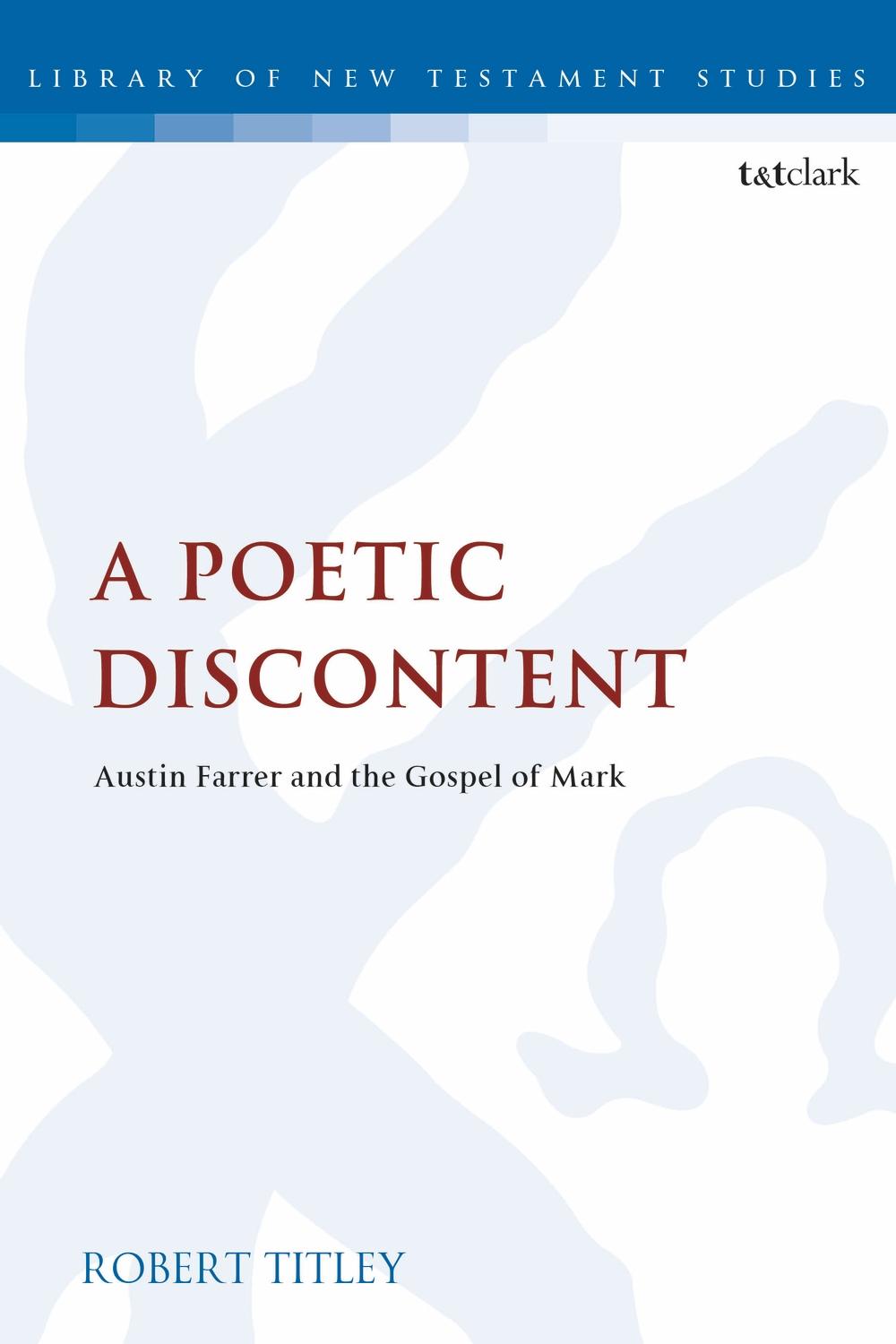Poetic Discontent

Poetic Discontent
Titley examines two major texts of Farrer's: his 1948 Bampton Lectures, published as The Glass of Vision, and his A Study in St Mark (1951). Other works, notably his second look at Gospel interpretation, St Matthew and St Mark (1954), and several lectures, articles and sermons, are also significant. Farrer's essential observation about Mark (and other biblical writings) is that they are the products of creative, 'poetic' minds. Titley argues that, while Farrer makes an error in treating Mark as poetry rather than prose narrative, he nevertheless shows remarkable prescience when his work is viewed in the light of the subsequent emergence of a 'literary paradigm' in Gospel interpretation. In particular, Titley demonstrates that a conversation with Farrer's work has something to contribute to the continuing debate about whether - and, if so, how - to take account of authorial intention in reading a text, and about what significance - if any - can be given to statements about what a text 'means.'
PRP: 224.33 Lei
Acesta este Pretul Recomandat de Producator. Pretul de vanzare al produsului este afisat mai jos.
201.90Lei
201.90Lei
224.33 LeiIndisponibil
Descrierea produsului
Titley examines two major texts of Farrer's: his 1948 Bampton Lectures, published as The Glass of Vision, and his A Study in St Mark (1951). Other works, notably his second look at Gospel interpretation, St Matthew and St Mark (1954), and several lectures, articles and sermons, are also significant. Farrer's essential observation about Mark (and other biblical writings) is that they are the products of creative, 'poetic' minds. Titley argues that, while Farrer makes an error in treating Mark as poetry rather than prose narrative, he nevertheless shows remarkable prescience when his work is viewed in the light of the subsequent emergence of a 'literary paradigm' in Gospel interpretation. In particular, Titley demonstrates that a conversation with Farrer's work has something to contribute to the continuing debate about whether - and, if so, how - to take account of authorial intention in reading a text, and about what significance - if any - can be given to statements about what a text 'means.'
Detaliile produsului











